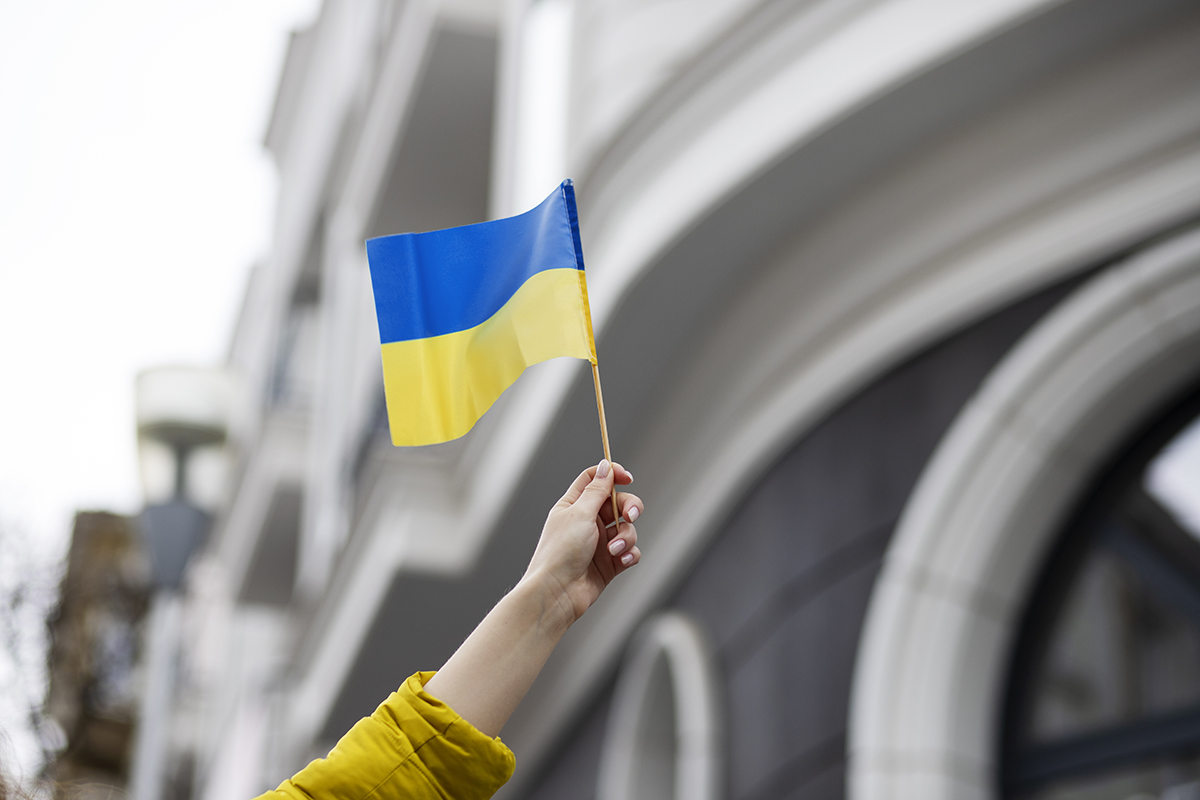In a significant development for European geopolitics, Ukraine has edged closer to joining the European Union (EU). This move, which marks a pivotal moment in Ukraine’s aspirations, comes amidst ongoing conflict and political complexities. EU summit chair Charles Michel, serving as the European Council president, made a groundbreaking announcement, confirming the initiation of accession negotiations with Ukraine and Moldova.
In a statement disseminated through X (formerly known as Twitter), Charles Michel declared, “The European Council has decided to open accession negotiations with Ukraine & Moldova.” This decision underscores the EU’s commitment to expanding its influence and supporting neighbouring countries amid geopolitical upheavals.
The declaration also mentioned the EU’s decision to grant candidate status to Georgia, a significant step towards the nation’s integration into the European bloc. Bosnia and Herzegovina, another country on the path to EU membership, was mentioned, with the EU stating that negotiations would commence once the country sufficiently aligned with the membership criteria. A deadline in March has been set for reassessing Bosnia and Herzegovina’s progress.
This agreement occurred despite Hungary’s pledge to block the decision during the two-day EU summit. Hungary’s opposition and concerns from other member states like Italy regarding the EU’s enlargement highlight the internal divisions within the Union.
Amidst these developments, Ukraine’s President Volodymyr Zelenskyy expressed his enthusiasm and optimism in his response to Michel’s announcement. Via X, Zelenskyy described this as “a victory” for Ukraine and Europe, emphasizing this decision’s motivational and strengthening impact.
However, not all reactions were positive. Hungarian Prime Minister Viktor Orban, expressing his disapproval, stated on Facebook that Hungary did not partake in the decision-making process. Notably, Orban reportedly exited the room when the voting among EU leaders commenced, signalling his strong disagreement with the collective decision.
The specifics of the agreement, including the precise timeline for the commencement of talks, still need to be clarified. Nevertheless, this announcement has set the stage for intense diplomatic activities, as European heads of state met to discuss supporting Ukraine in its ongoing conflict with Russia.
The European Union’s decision to open membership talks with Ukraine, Moldova, and potentially Bosnia and Herzegovina while acknowledging Georgia’s candidate status marks a watershed moment in the Union’s expansion strategy. Despite internal dissent and the complex geopolitical landscape, the EU continues to project its influence and support for its eastern neighbours. This move is a strategic expansion and a message of hope and solidarity to those aspiring for a united and peaceful Europe.







